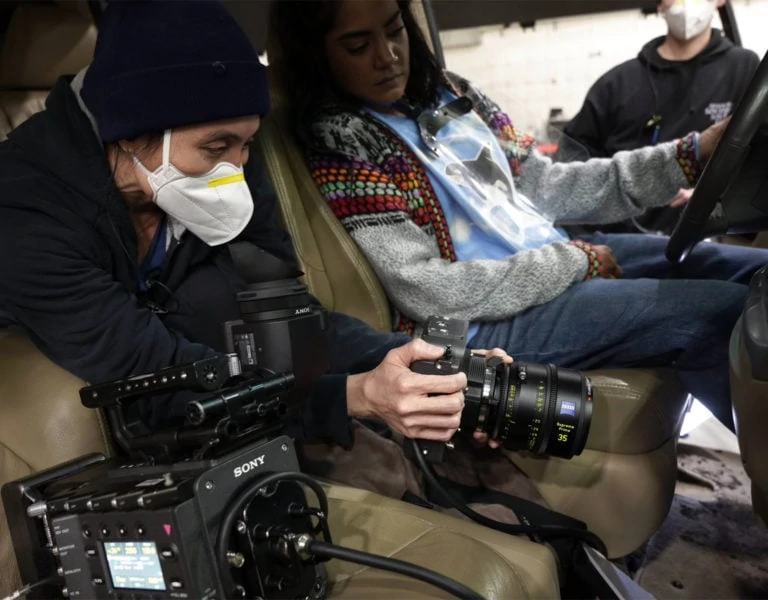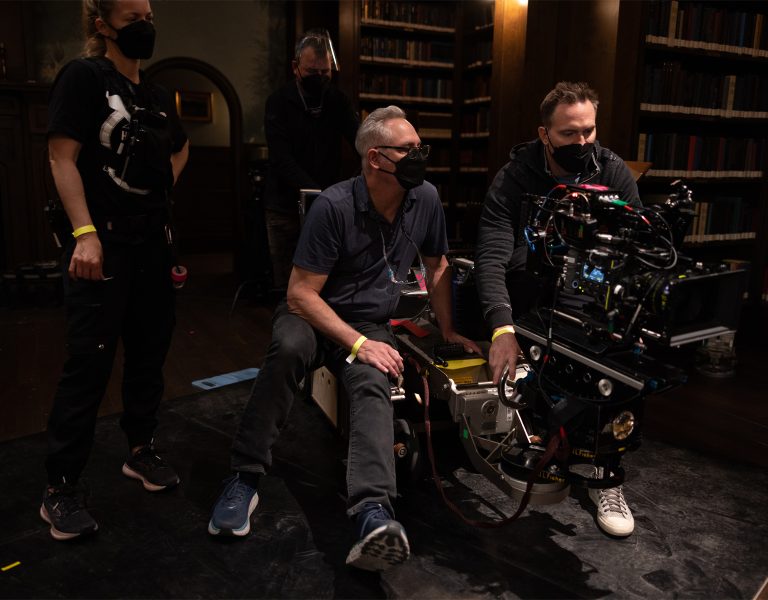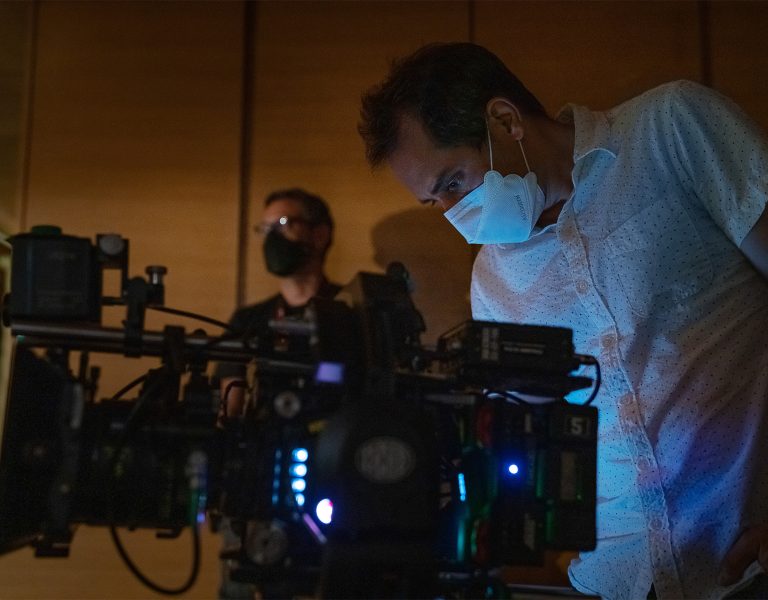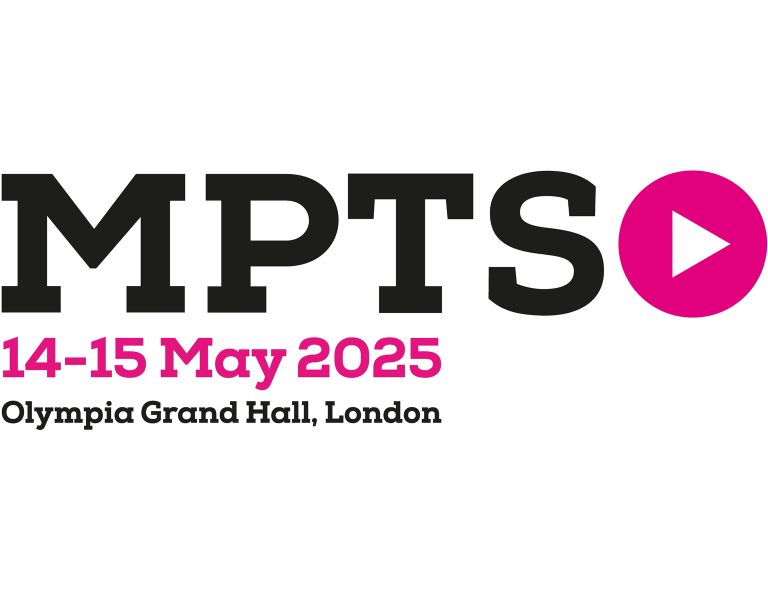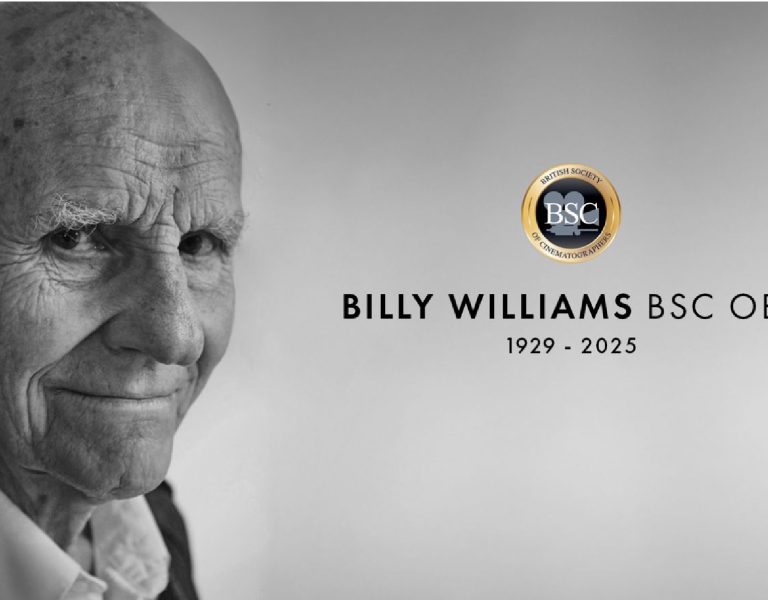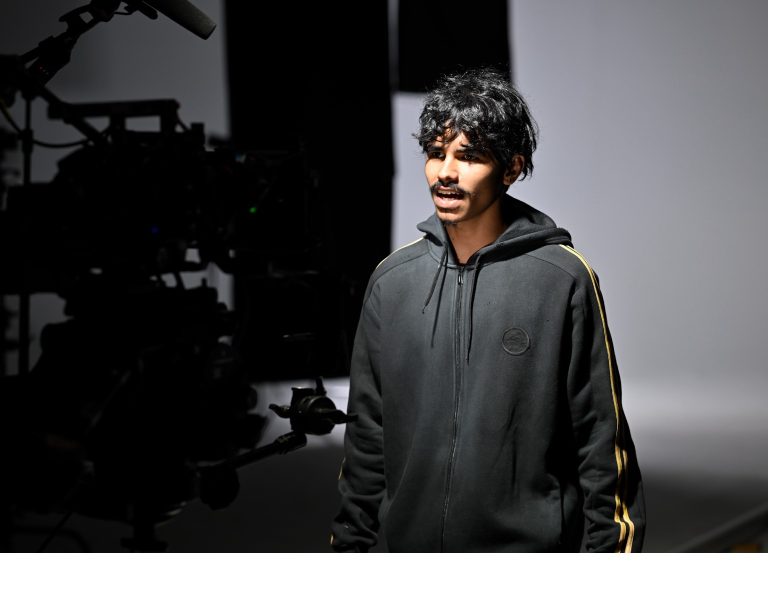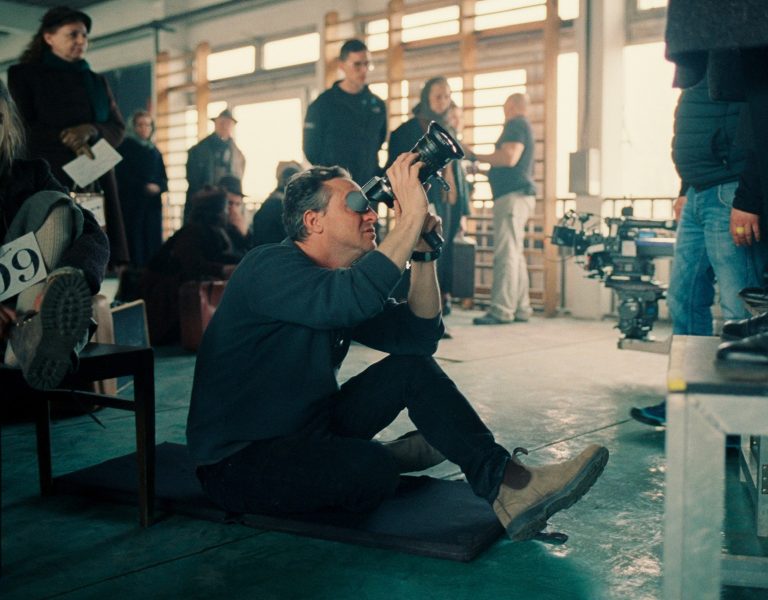
Cinematographer Steven Meizler quickly rose to prominence not long after transitioning from assistant cameraman to director of photography.
His work on Godless earned Meizler his first Emmy nomination and a few years later, The Queen’s Gambit nabbed him his first Emmy win for Outstanding Cinematography. In Meizler’s latest miniseries, David Mandel’s White House Plumbers, the cinematographer employs his meticulous preparation to fashion the visual language that bests suit this re-telling of the 1970s Watergate scandal starring Woody Harrelson as E. Howard Hunt and Justin Theroux as G. Gordon Liddy. Meizler depends on his favorite RED cameras with ZEISS Supreme Prime lenses to map out his approach from the first weeks of pre-production through filming.
White House Plumbers tells the story of how E. Howard Hunt and G. Gordon Liddy’s bumbled masterminding of the Watergate break-ins inadvertently sabotaged the presidential regime they had set out to protect. Meizler describes, “Our story follows Hunt and Liddy through the four break-ins at the Watergate. The story goes through each break-in, showing how they formed the group of perpetrators. It also shows their family lives and how the consequences of their decisions affected their families.” The project was primarily shot in Upstate New York, with pivotal scenes filmed on location in Washington DC and at the Watergate itself. “I’m so glad we shot at the real location, because one of the things the show does well is convey the geography of the different break-ins. Seeing the actual Watergate building and understanding it was an important part of this whole show.”
When starting a limited series, Meizler prioritizes completely developing the visual language ahead of time. “I approach each limited series that I’ve worked on the exact same way: as a full film, all the way through from beginning to end. I think that it’s important on any project to keep the vision and the visual language the same from the beginning to the end.” His key to this is meticulous and thoughtful prep. “I like to go over and read the script many times. I like to review the shot list with the director, to really go through and understand every scene. I make sure that I go to our locations a lot, even before the tech scout.” He cherishes the chance to visualize what will happen in each scene, given the unique qualities of each location.
In a show where the time period and historical events are fundamental to the story, Meizler comes to the location with his tools at the ready. He recounts, “I bring my camera and lenses to location with me from the very beginning of the project. That is part of why I like to use RED. I can get it in a very small, handheld mode, literally just the body with handles and the monitor on top. With that and the ZEISS lenses, I can start mapping the visual language of the scene with the director right then and there.” The nimbleness of the RED camera body with the small form factor of ZEISS Supreme Prime lenses is his perfect combo.
He approaches each project with an open mind. “I don’t necessarily bring a lighting or composition style of my own, he explains “I want that to fit the story. But at least the lenses can be more of a signature flavor.”
As the camera package’s owner and operator, Meizler starts testing out shots and looks right away, maximizing the value of his prep weeks. “To me, so much about getting a period show right comes down to production design and costumes,” he explains. To this end the crew will film makeup, hair, set dressing, and wardrobe tests well in advance of shooting. “I like that that way I can shoot stuff during prep then go into RED Cine and start coloring myself at the end of the day. We will actually cut together a look piece from those tests.”
Meizler describes some of the results: “One thing we did was show the difference of Hunt’s life, especially his private versus public life. We used handheld in Hunt’s personal life and very sleek camera moves in his professional life to really show how messy his personal life is compared to how his other world is so glorified. It was more about trying to get inside of his head, with earthier tones in his home life, juxtaposed against grayish colors for the city.”
Being able to demonstrate ownership and thoughtful care in how he approaches the visual language of the show continues to serve Meizler well and exceed studio expectations. “That to me is where a lot of the confidence comes from–giving the studio confidence to let us get on with what we’re doing because we’ve showed a map of what lies ahead. If you create your visual language, and you’re going through every detail and you really know what you want, then when you’re on set, your choices become very narrow. Your choices become easy, because there is a correct and very organic feeling of, ‘this is the way we’re doing it because this is the way we’ve talked about it, and it fits.’ I’ve been very lucky in my projects that all the thinking beforehand pays off at the end and it becomes a cohesive piece.”
Meizler’s work continues to gain recognition with White House Plumbers, which premiered this May. The five-part miniseries is available to watch on MAX.
